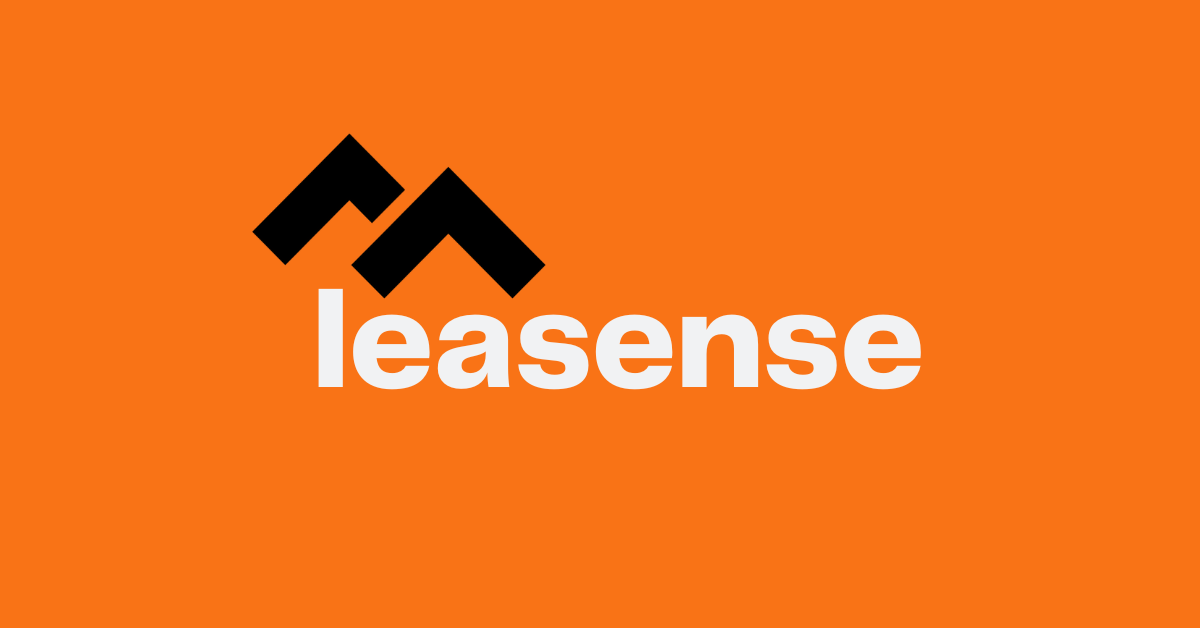Rental Property Market Trends in 2025
United Kingdom
Rent Growth Slows but Remains High
After several years of rapid increases, rental growth has slowed in 2025. Average rents for new lets rose by only 2.8% over the past year, the slowest rate in four years, but still reached record highs. The surge in rental costs seen since 2021 is over, but affordability remains a concern for many tenants.Improved Supply and Easing Demand
The number of available rental homes has increased significantly (up 18% year-on-year), partly due to a surge in new buy-to-let mortgage loans. Tenant demand has eased slightly, but competition remains strong, with average enquiries per property still double pre-pandemic levels.Affordability Ceiling and Regulatory Changes
The market is approaching an "affordability ceiling," with further rent increases limited by tenants' ability to pay. Landlords are also navigating new regulations, including energy efficiency requirements and evolving tenant protection rules.
United States
Rising Rents and Operational Costs
Most landlords increased rents in 2024 to offset higher operational costs, with nearly a third raising rents by 6–10%. Median rent for a two-bedroom rose by 3.2% to $1,906, and demand remains strong despite a slight increase in vacancy rates.Surge in Single-Family Rentals (SFRs)
Demand for single-family rentals is growing, driven by tenant preferences for more space and remote work. SFRs now account for 31% of all rentals, and investor interest in this segment is rising sharply.Technology and Regulatory Complexity
Property management is being transformed by technology, but adoption is slowed by cost concerns. New tenant protection laws and local regulations are creating a more complex legal environment for landlords.
Portugal
Record Supply Growth and High Yields
Rental listings surged by 49% in Q1 2025, and available rental units have jumped 72% over five years. Despite this, yields remain attractive (around 7.2%), and average rents have increased by 43% since 2020.Persistent High Demand, Especially in Cities
Demand remains robust in Lisbon, Porto, and the Algarve, driven by both international arrivals and domestic renters. Government efforts to increase supply are ongoing, but competition for rentals in prime areas remains fierce.Policy Shifts and Flexible Living Options
Government policies are encouraging long-term rentals and regulating short-term lets. Co-living and medium-term rentals (1–11 months) are gaining traction, appealing to digital nomads and new arrivals.
Italy
Rising Rents and Scarcity of Supply
The average monthly rent rose by 7.73% year-on-year, reaching €14.22 per square metre. This is driven by rising demand and a shortage of new residential construction, especially in major cities like Milan and Rome.Stable Price Growth and Investment Interest
Property prices are up 4.4% year-on-year, with existing homes leading growth. Residential transactions are projected to grow by 8% in 2025, and investor interest is strong, especially in build-to-rent and student housing segments.Urban and Demographic Shifts
Young renters and international buyers are fueling demand in cities such as Naples, Milan, and Rome. Student housing is a particularly dynamic segment due to a shortage of beds in university cities.
Spain
Sharp Rent Increases Amid Supply Shortages
Rents are expected to rise by more than 10% in 2025, outpacing sales growth. Strong demand and a persistent shortage of available housing, especially in major cities and tourist regions, are the main drivers.Growing Share of Renters
The proportion of households renting reached a record 26.5% in 2025, reflecting the difficulty of accessing homeownership, particularly for young people and in urban areas.Investment and Flex Living Boom
Investor activity is high, especially in Madrid and Barcelona. There is growing investment in multifamily, affordable, and flexible living solutions (such as build-to-rent and student residences) to meet changing tenant preferences.
